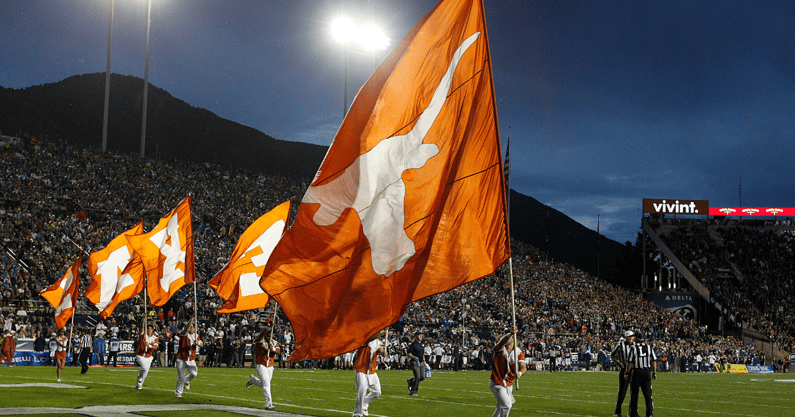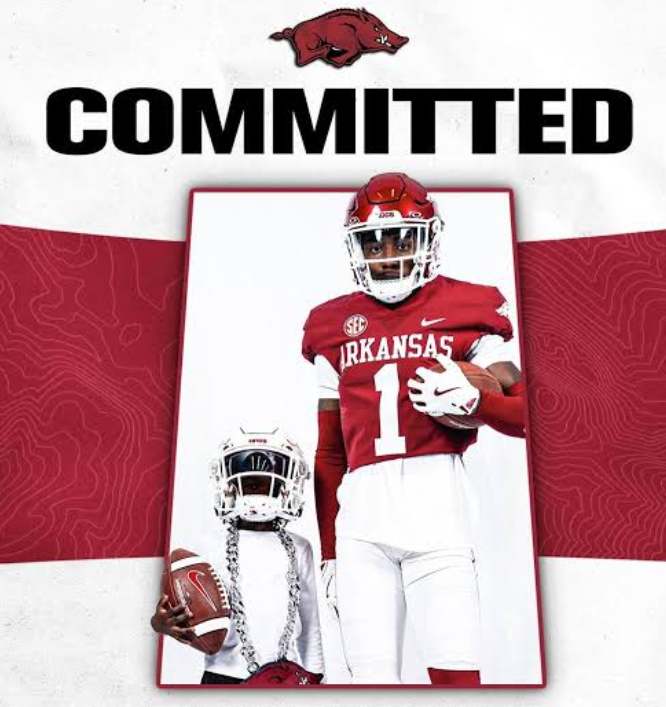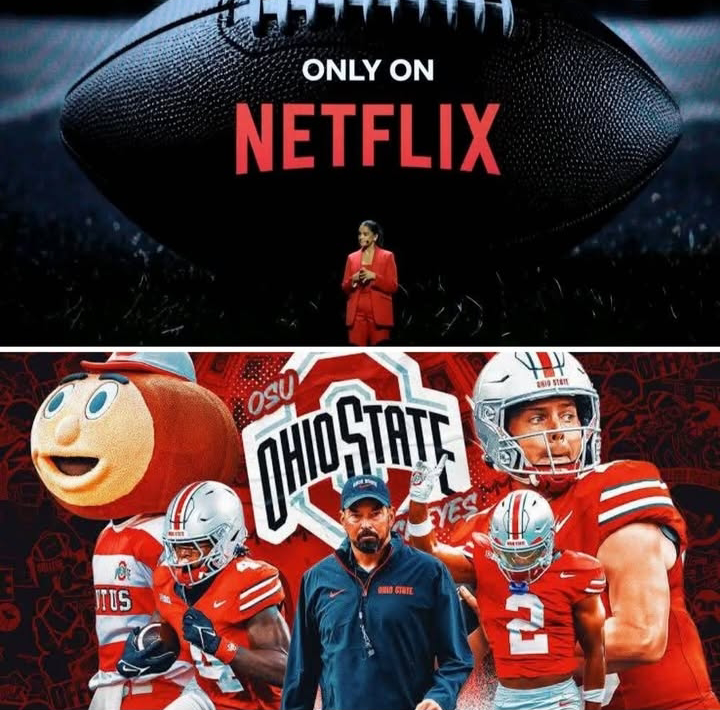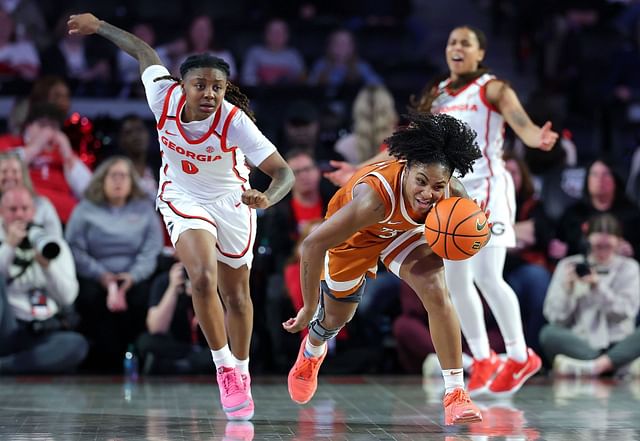In recent years, the sports world has been rocked by the growing concern over illegal sports betting and its potential impact on the integrity of games and the athletes involved. One of the latest incidents in the ongoing battle against illegal gambling comes from the University of Tennessee (UT) athletic department, where two football players, along with three others from different areas of the department, have been implicated in self-reported wagering violations. These violations, uncovered by the school itself, have raised serious questions about the culture of sports betting within collegiate athletics, and the potential long-term consequences for all those involved.
The situation has quickly become a focal point of discussion in both sports and legal circles. The University of Tennessee’s swift action in reporting the violations is noteworthy, but it also underscores the growing prevalence of sports gambling and its implications for college sports programs across the country. In this blog post, we’ll explore what these self-reported violations mean for the University of Tennessee, how the NCAA and other governing bodies are handling these incidents, and what the future might hold for college athletes and the growing gambling landscape.
### The Incident: What Happened?
In a surprising turn of events, the University of Tennessee disclosed that two football players, along with three other staff members within the athletic department, had been part of a self-reported wagering violation investigation. According to the university, these individuals had placed bets on sports, which is prohibited under NCAA rules. This revelation came to light after an internal review of their activities, and the university chose to disclose the information publicly.
While the identities of the football players and staff members were not immediately made public, the university did confirm that the individuals involved were all aware of NCAA regulations that prohibit athletes and other athletic department staff from placing bets on college or professional sports. The self-reporting aspect of the violation suggests that the university is taking these matters seriously and is willing to cooperate fully with both NCAA and state investigations into the case.
The violations themselves, though serious, do not appear to be part of a larger, systemic issue involving widespread illegal betting or game-fixing. However, the news has still sent shockwaves through the UT athletic community and the college sports world at large, as it’s a reminder of the growing problem that sports gambling represents to the integrity of the game.
### The Growing Impact of Sports Betting
Sports betting has become more prevalent across the United States since the 2018 repeal of PASPA (the Professional and Amateur Sports Protection Act), which had previously restricted legal sports betting to only a handful of states. Since the repeal, more and more states have passed laws allowing regulated sports betting, and as of 2025, a majority of states now have legal sports betting platforms. This rapid expansion of legalized betting has led to concerns over the potential for conflicts of interest, match-fixing, and improper conduct by players, coaches, and staff members.
The NCAA has been particularly vocal about its opposition to sports gambling in college athletics, stating that the risks associated with gambling—such as the potential for players to be influenced by outside factors or even involved in match-fixing—pose a serious threat to the integrity of the games. The self-reported violations at UT highlight this very concern, with the university recognizing the need to uphold the strict rules that prohibit athletes and staff from placing bets on sports.
This issue isn’t confined to Tennessee. Across the country, universities and athletic departments are struggling with the dual challenges of ensuring compliance with gambling regulations while also navigating the rapidly changing landscape of legalized sports betting. As more and more college athletes use mobile apps to place bets, it has become increasingly difficult for schools to monitor and regulate these activities, even when they make clear the rules and consequences. This creates a potentially dangerous environment where athletes might take risks, either out of curiosity or a perceived lack of enforcement, ultimately jeopardizing their careers and the integrity of their respective programs.
### The NCAA’s Stance on Gambling Violations
The NCAA has strict rules regarding gambling. College athletes and anyone associated with an athletic department, including coaches, administrators, and staff, are prohibited from betting on sports—especially those involving NCAA competition. These rules are in place to maintain fairness and prevent the integrity of games from being compromised.
For athletes, violating these rules can result in severe consequences, ranging from suspension to permanent eligibility loss. The NCAA’s goal is to prevent any external influence that could affect an athlete’s performance or an entire game’s outcome. Gambling, especially illegal gambling or activities that involve large sums of money, opens up the door for potential manipulation, match-fixing, and a host of other issues that undermine the integrity of collegiate athletics.
The UT athletic department’s decision to self-report the violations is a sign that the university is taking these regulations seriously. It is expected that the NCAA will conduct a full investigation into the matter to determine the extent of the violations and to ensure that no further illegal activity has occurred. Depending on the outcome of the investigation, the players and staff involved could face a variety of penalties, ranging from fines to suspensions or even permanent disqualification from NCAA competition.
### The Fallout for the University of Tennessee
The news of the self-reported wagering violations comes at a challenging time for the University of Tennessee’s football program. Under head coach Josh Heupel, the Volunteers have been on an upward trajectory, rebuilding the program into a formidable force in the Southeastern Conference (SEC). However, incidents like this can quickly derail that momentum, especially when they involve high-profile athletes like football players.
Although the university has made it clear that it is taking the necessary steps to address the issue, the fallout from this scandal could still have significant repercussions. For one, it casts a shadow over the football program’s reputation and could impact recruiting efforts. Future recruits and their families may view the program’s handling of this incident with skepticism, wondering if the same mistakes could happen again.
The violation also raises questions about the culture within the athletic department at UT. If athletes and staff members feel comfortable breaking the rules, even in seemingly small ways, it may reflect broader issues within the athletic department’s leadership, oversight, or educational efforts regarding compliance with NCAA rules.
Additionally, the university’s commitment to transparency and self-reporting the violations could have a positive impact in the long run, as it demonstrates that UT is serious about enforcing rules and protecting the integrity of its programs. However, this commitment will need to be backed by strong actions, including potential reforms to how the athletic department educates its staff and athletes about gambling risks and NCAA regulations.
### What’s Next for College Sports and Gambling?
The UT athletic department’s self-reported violations are only the latest example of the challenges that come with the rapid expansion of sports gambling in the United States. As more states legalize sports betting and college athletes continue to gain easier access to online gambling platforms, it is likely that incidents like these will become more frequent.
For universities, this means that stricter measures may need to be implemented to safeguard the integrity of college athletics. This could include enhanced education and training for athletes and staff on the dangers of sports gambling, as well as greater monitoring of gambling activity within athletic programs.
Moreover, as the landscape of college sports continues to evolve, so too will the regulations surrounding sports gambling. The NCAA and other governing bodies will likely need to adapt their policies to address the unique challenges presented by legalized betting, including creating more robust enforcement mechanisms to prevent violations from occurring in the first place.
### Conclusion
The self-reported wagering violations involving two football players and three staff members within the University of Tennessee athletic department are a stark reminder of the growing influence of legalized sports betting on collegiate athletics. While the university has acted swiftly in disclosing the violations, the situation raises important questions about the effectiveness of current regulations and the broader impact of gambling on college sports.
As this case unfolds, the University of Tennessee will need to carefully navigate the fallout, ensuring that it takes the necessary steps to protect the integrity of its programs and prevent similar incidents in the future. For the NCAA and other governing bodies, this case serves as a clear signal that stricter oversight and more comprehensive education on gambling rules will be crucial in maintaining the fairness and integrity of college sports moving forward.






Leave a Reply